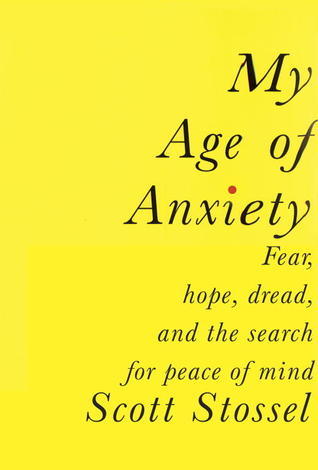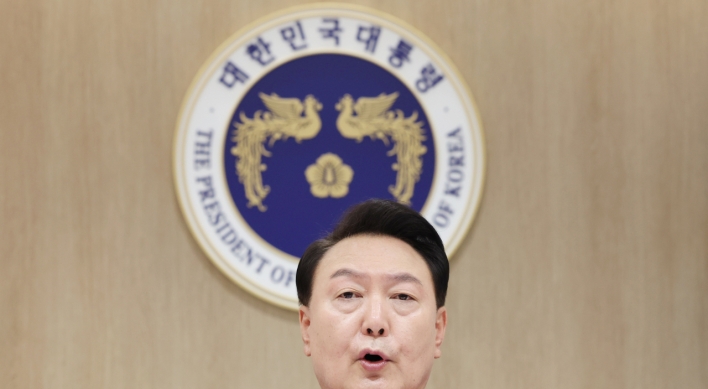
By Scott Stossel
(Alfred A. Knopf)
“No sharp-witted judge knows how to interrogate, to examine the accused as anxiety does, which never lets him escape, neither by diversion nor by noise, neither at work nor at play, neither by day nor by night,” the philosopher Søren Kierkegaard observed. Many of you will know exactly what he means. (Trust me, I do: I’m a freelancer.) Some 40 million Americans suffer from the gnawing unease of anxiety in its many forms. More people seek treatment for anxiety, through drugs and therapy, than for back pain.
Scott Stossel is one of those sufferers. In his brutally frank new book, he lays it all out there as he fathoms the contours of his affliction. “My Age of Anxiety” is a brave ― and quite possibly perverse ― book, one that will leave you squirming and fascinated in equal measure. Stossel has lots of hang-ups: He’s afraid of flying, terrified of public speaking and pathologically averse to vomiting. There isn’t the space to list all his phobias.
How the devil did he get this way? On the one hand, Stossel is living proof that anxiety can be controlled. After all, the man is the editor of The Atlantic magazine and a successful author. Still, it’s been a struggle. He’s been in therapy for decades and is a walking A-Z of psychiatric drugs ― Xanax, Zoloft, Prozac; you name it, he’s taken it. In these pages, Stossel conducts a forensic examination of his own psyche, trawling through philosophy, theology, literature, case studies and scientific papers. He writes with unsparing intensity about his experiences, as well as his family’s psychological history ― which, he admits, has not sat well with the extended Stossel clan. He details his father’s alcoholism, and his mother’s overprotective parenting.
There is much pain here, but humor, too. Cursed with a weak stomach, he details an incident involving an exploding toilet and an encounter with John F. Kennedy Jr. (it’s just as mortifying as it sounds). Stossel looks at anxiety from all angles ― its genetic basis, how much synapses and neurons are to blame, and whether anxiety is merely the result of faulty thinking. He gives a fair hearing to all sides. “The truth is that anxiety is at once a function of biology and philosophy, body and mind, instinct and reason, personality and culture. Even as anxiety is experienced at a spiritual and psychological level, it is scientifically measurable at the molecular level and the physiological level,” he writes.
Without meaning to, Stossel has written a self-help manual. There is no miracle cure for anxiety, he suggests ― we can manage our fears and worries, even if we can never quite tame them. (MCT)



















